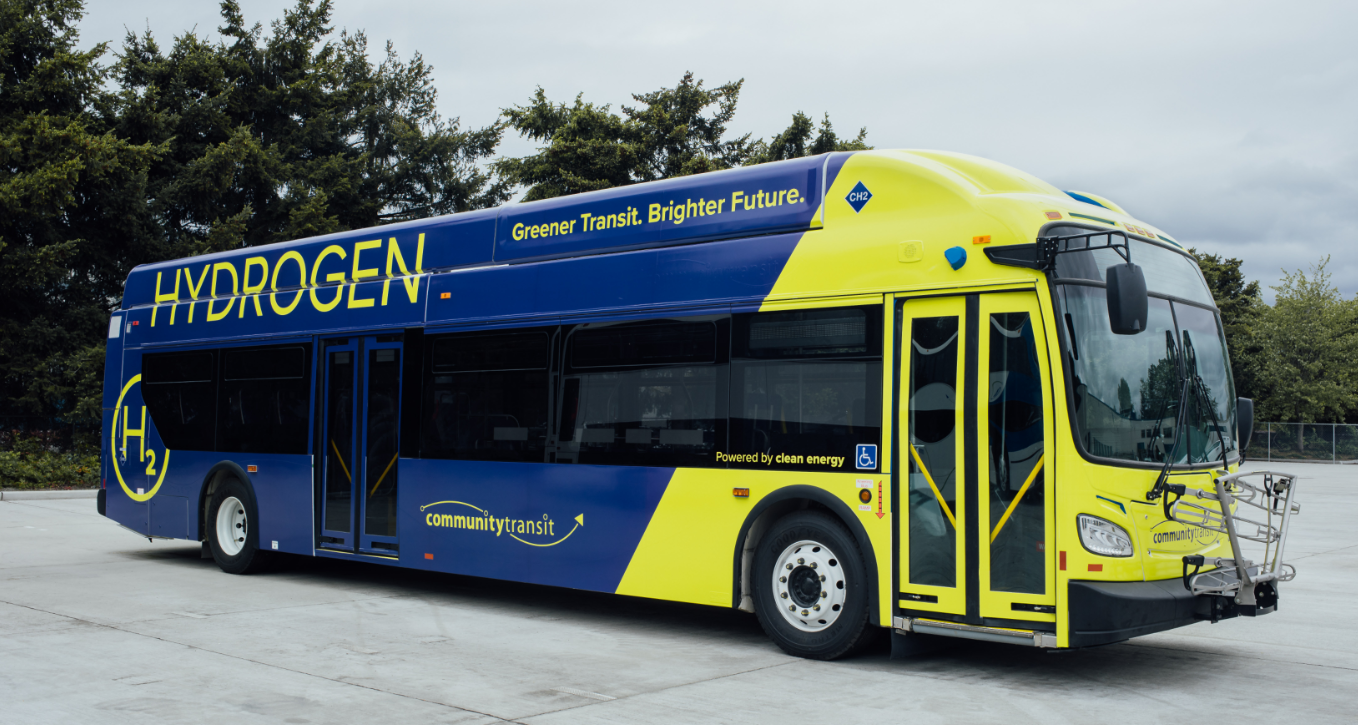King County Metro's Eco-Friendly Initiative: Testing Hydrogen Buses for a Green Future
Key Ideas
- King County Metro is planning to test up to four hydrogen fuel-cell buses by 2026 to evaluate their performance and potential benefits.
- These buses aim to complement the current fleet of battery-electric and trolley buses, offering extended range and environmental advantages.
- The agency's history of sustainability and technology adoption reflects its commitment to providing eco-friendly public transit options while ensuring reliable service for riders.
Seattle's King County Metro is set to test hydrogen fuel-cell buses as part of its initiative towards a zero-emissions future. The pilot project, expected to introduce up to four hydrogen buses by 2026, aims to assess their performance alongside existing battery-electric and trolley buses. By exploring sustainable technologies like hydrogen fuel cells, the agency seeks to enhance services, reduce air pollution, and address climate change challenges. Led by Metro General Manager Michelle Allison, the agency collaborates with various partners to drive innovation and eco-friendly practices in public transit. Notably, King County Metro has a history of sustainability milestones, such as being the first North American agency to utilize diesel-hybrid buses in 2004 and transitioning to all-electric buses by 2020. The extended range of hydrogen buses, up to 300 miles compared to 220 miles for battery-electric buses, makes them suitable for high-frequency routes. Through this project, King County Metro aims to provide sustainable transit options while upholding service quality for its riders, showcasing a commitment to green technologies and environmental stewardship.
